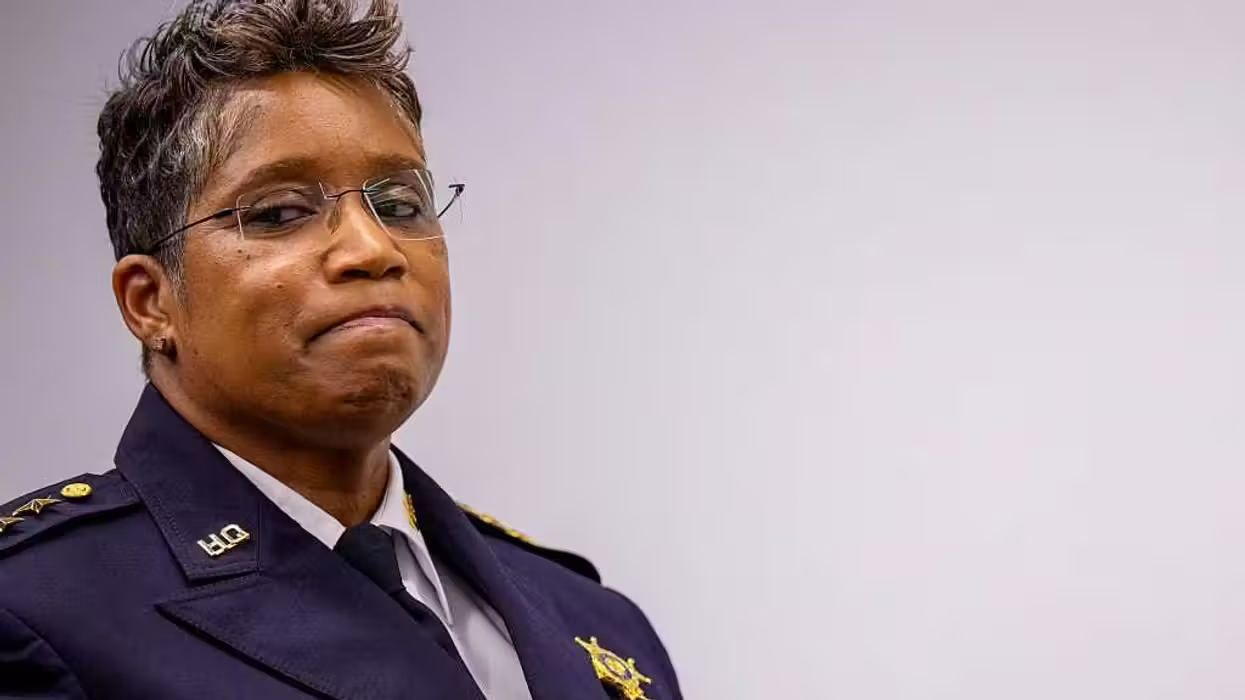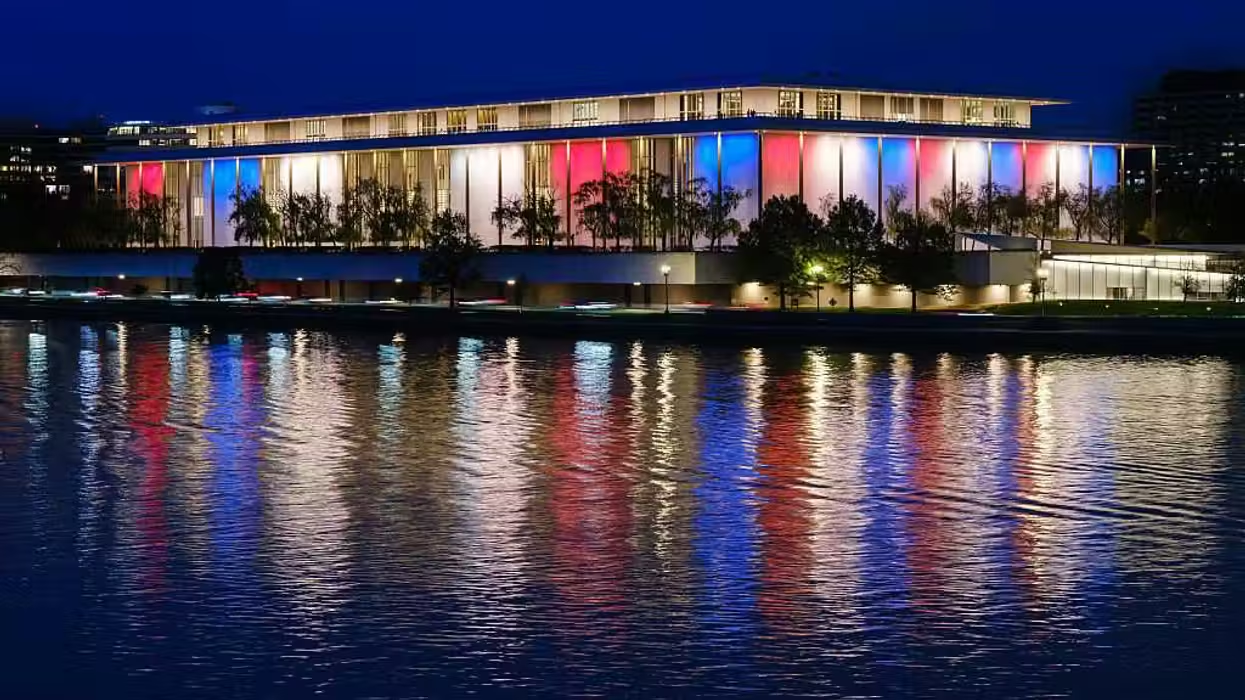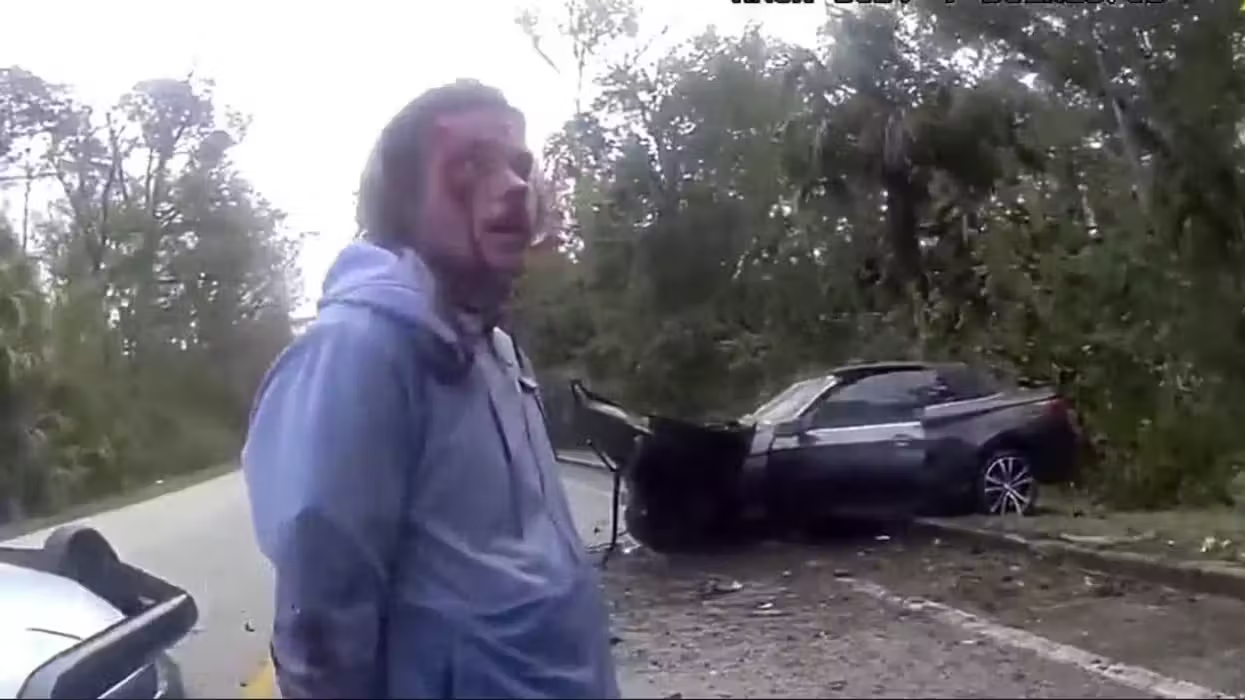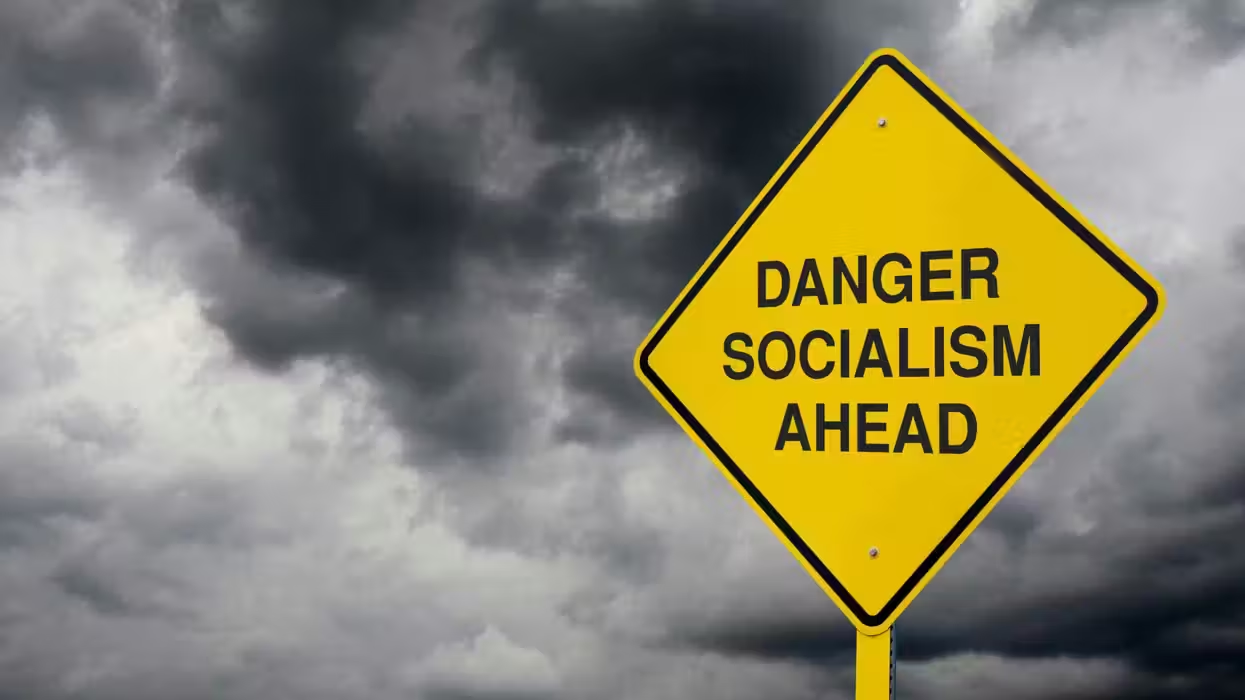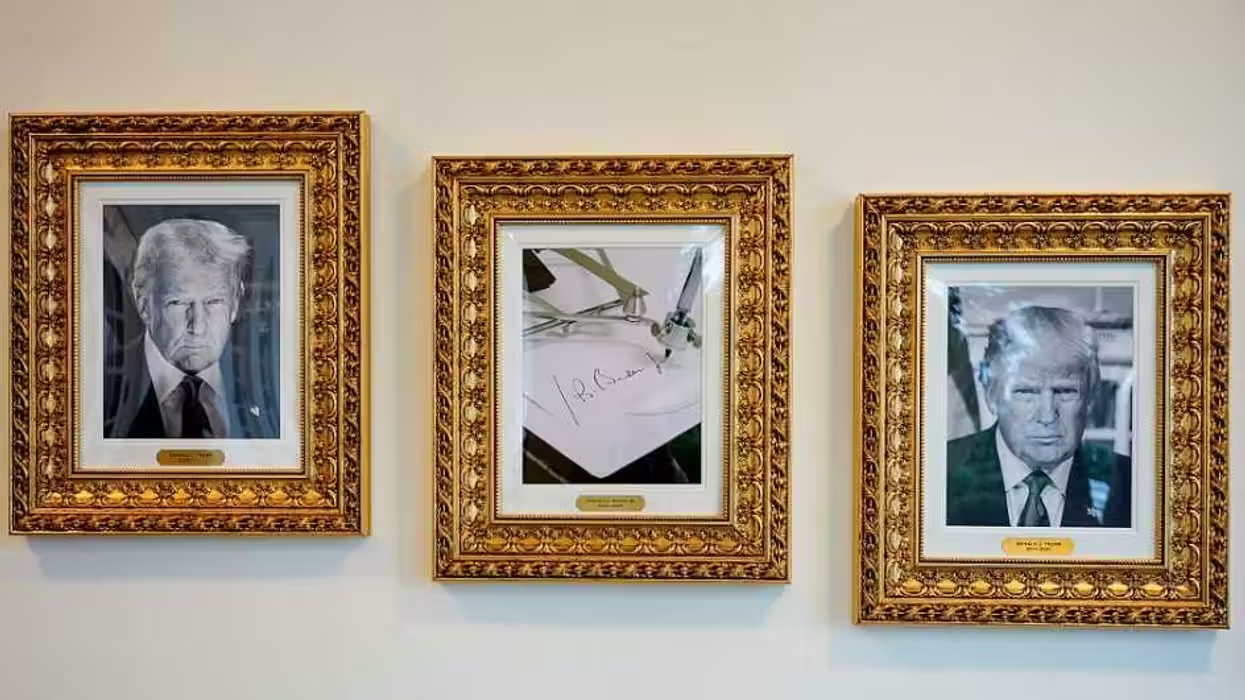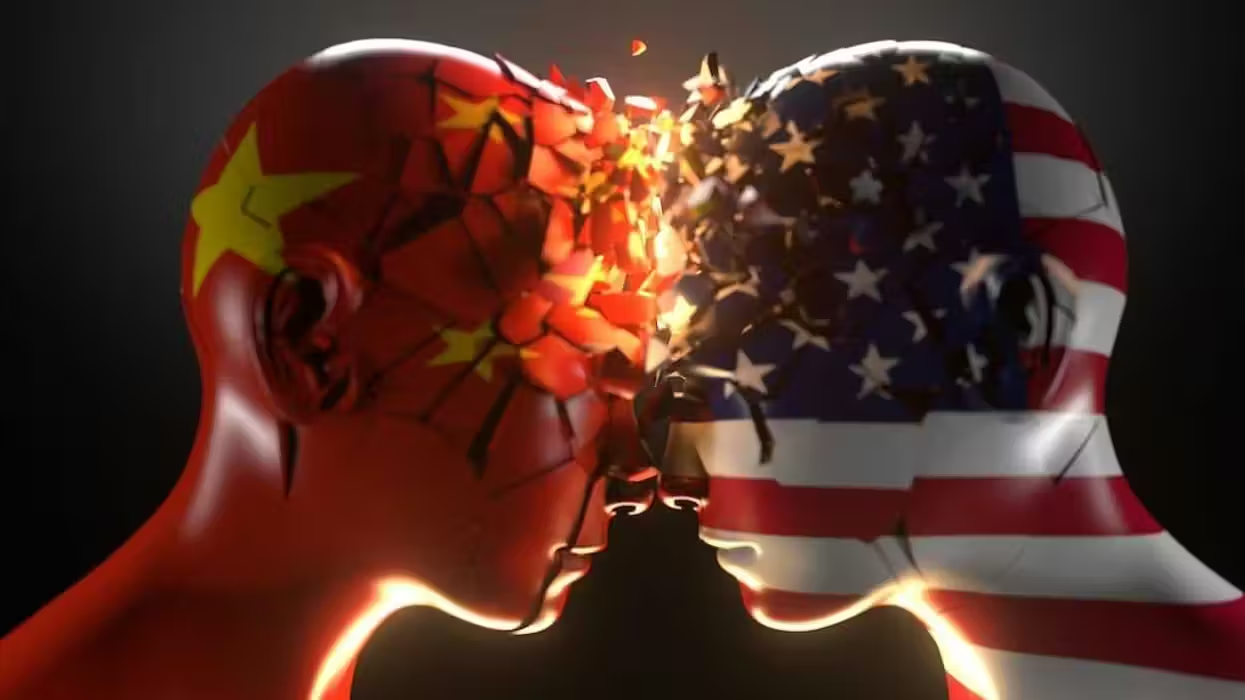License plate readers mounted on police cruisers and road signs in some areas of the country are a controversial bit of technology. Though their use has expanded in some areas, other lawmakers have pushed back, the latest being the governor of Louisiana.
 A "License Plate Reader" or LPR, one of two mounted on the trunk of a Metropolotian Police Department(MPD) is seen on a police car in Washington, D.C., December 1, 2011. It works silently in the backround automatically recording automobile license plates that drive by and then rapidly checks a computer database of stolen or wanted cars. Hundreds of MPD police cars have the cameras forming a virtual net looking for stolen vehicles. (PAUL J. RICHARDS/AFP/Getty Images)
A "License Plate Reader" or LPR, one of two mounted on the trunk of a Metropolotian Police Department(MPD) is seen on a police car in Washington, D.C., December 1, 2011. It works silently in the backround automatically recording automobile license plates that drive by and then rapidly checks a computer database of stolen or wanted cars. Hundreds of MPD police cars have the cameras forming a virtual net looking for stolen vehicles. (PAUL J. RICHARDS/AFP/Getty Images)
Gov. Bobby Jindal vetoed a state senate bill that would have authorized this type of surveillance, which includes location tracking, for purposes such as use in criminal investigations and to find uninsured drivers. In a letter to Secretary of the Senate Glenn Koepp, he wrote against the data being stored not only for law enforcement use but also for "other specified private entities for a period of time regardless of whether or not the system detects that a person is in violation of vehicle insurance requirements."
"Camera programs such as these that make private information readily available beyond the scope of law enforcement, pose a fundamental risk to personal privacy and create large pools of information belonging to law abiding citizens that unfortunately can be extremely vulnerable to theft or misuse," Jindal wrote.
Privacy advocates and civil liberties groups have long blasted license plate readers for similar reasons.
Last month, the American Civil Liberties Union reported that even the FBI might be having its doubts over the technology and its privacy issues.
The ACLU has called for the following guidance and/or legislation with respect to the use of automatic license plate readers:
1.License plate readers may be used by law enforcement agencies only
2.The government must not store data about innocent people
3.People should be able to find out if plate data of vehicles registered to them
4.Law enforcement agencies should not share license plate reader data
5.Any entity that uses license plate readers should be required to report
Watch this report on Jindal's veto:
(H/T: PC World)

 A "License Plate Reader" or LPR, one of two mounted on the trunk of a Metropolotian Police Department(MPD) is seen on a police car in Washington, D.C., December 1, 2011. It works silently in the backround automatically recording automobile license plates that drive by and then rapidly checks a computer database of stolen or wanted cars. Hundreds of MPD police cars have the cameras forming a virtual net looking for stolen vehicles. (PAUL J. RICHARDS/AFP/Getty Images)
A "License Plate Reader" or LPR, one of two mounted on the trunk of a Metropolotian Police Department(MPD) is seen on a police car in Washington, D.C., December 1, 2011. It works silently in the backround automatically recording automobile license plates that drive by and then rapidly checks a computer database of stolen or wanted cars. Hundreds of MPD police cars have the cameras forming a virtual net looking for stolen vehicles. (PAUL J. RICHARDS/AFP/Getty Images)

